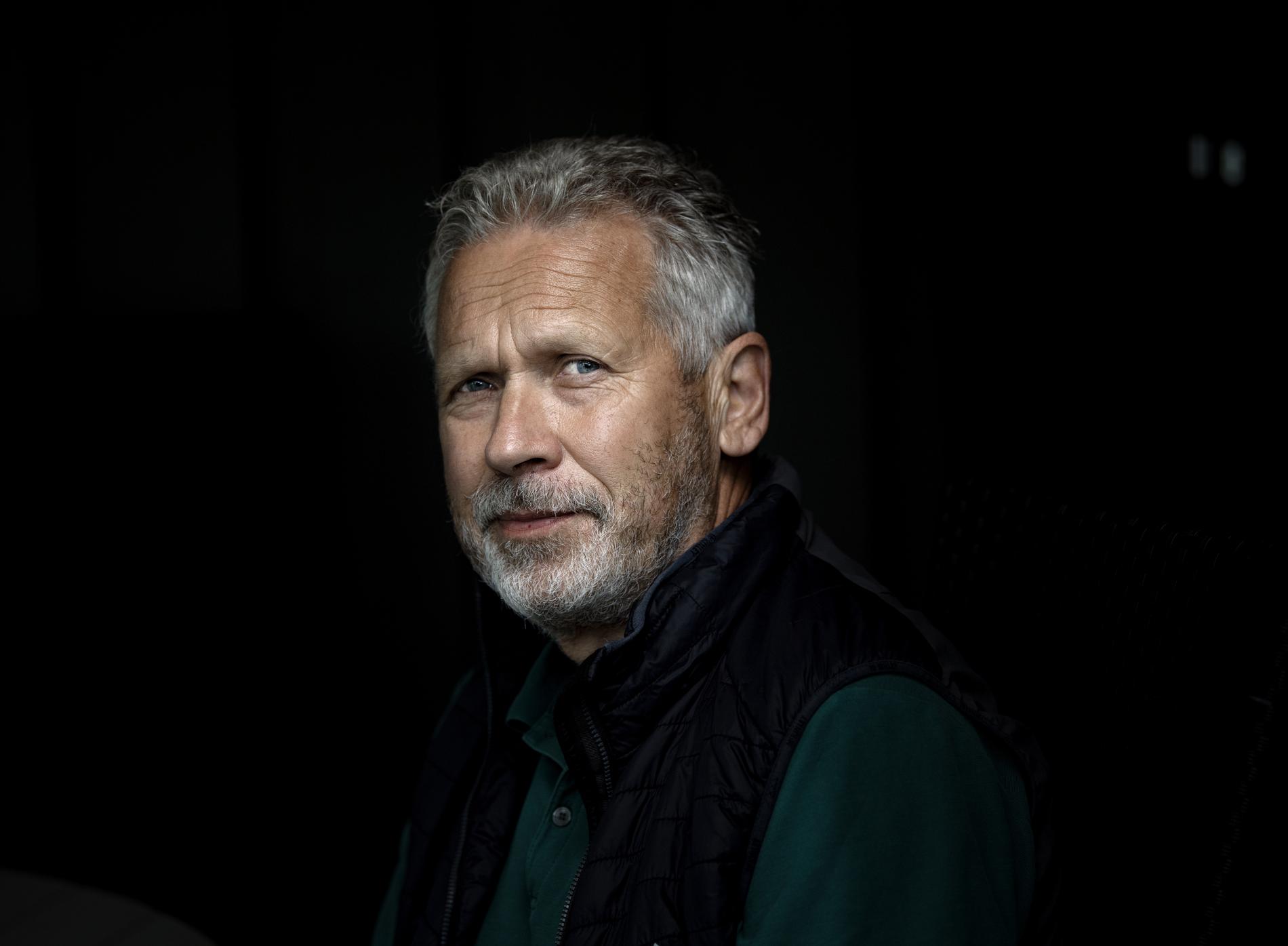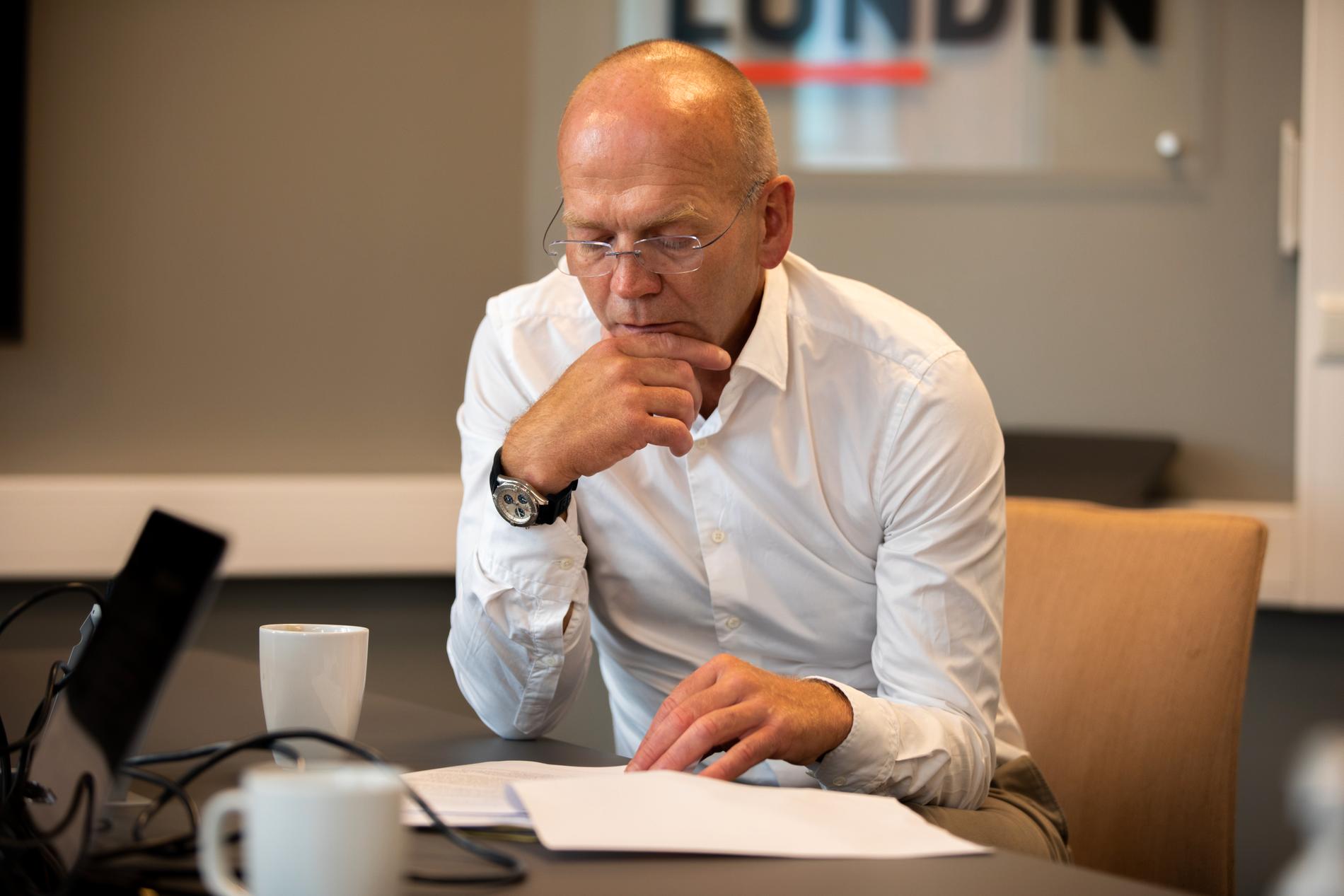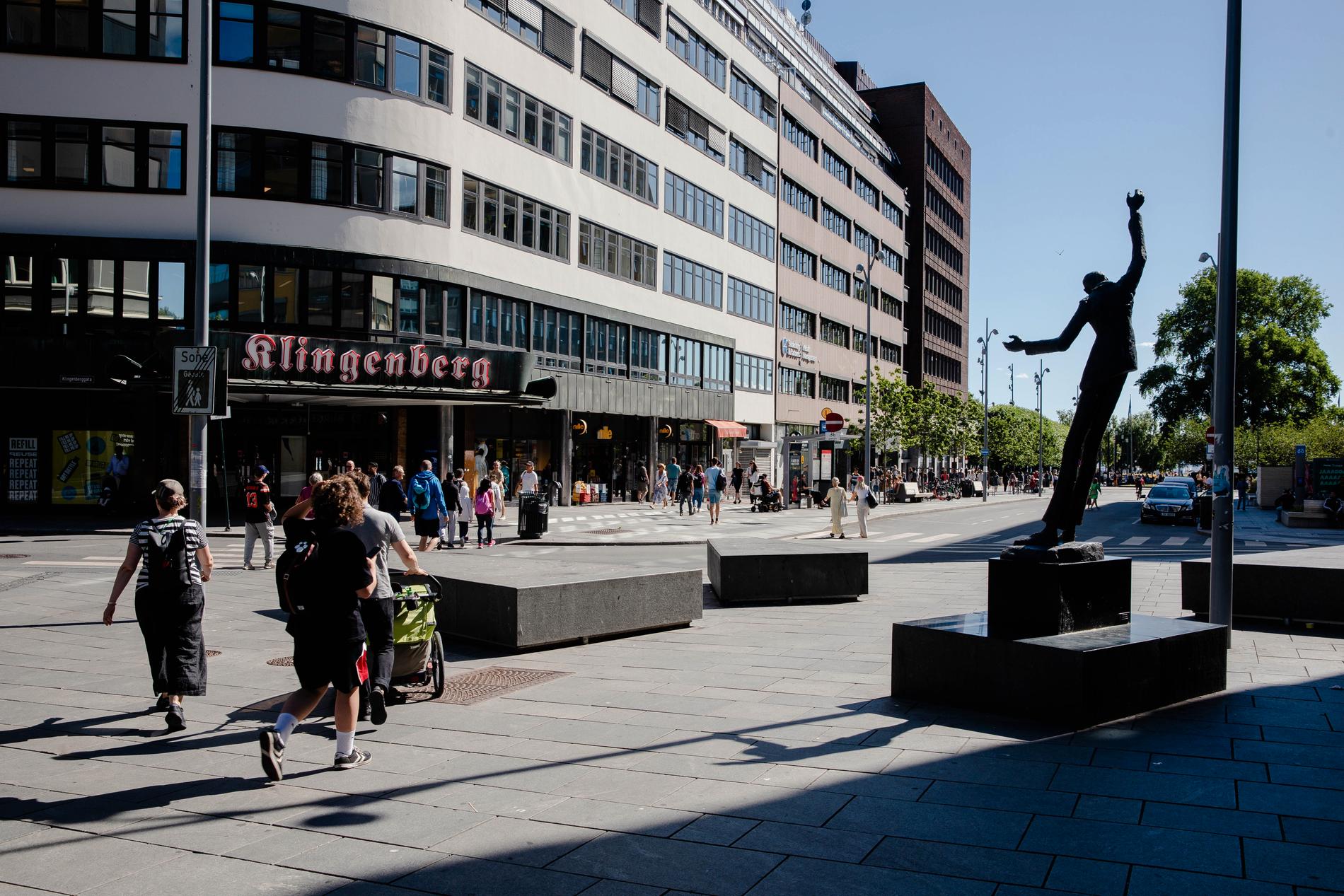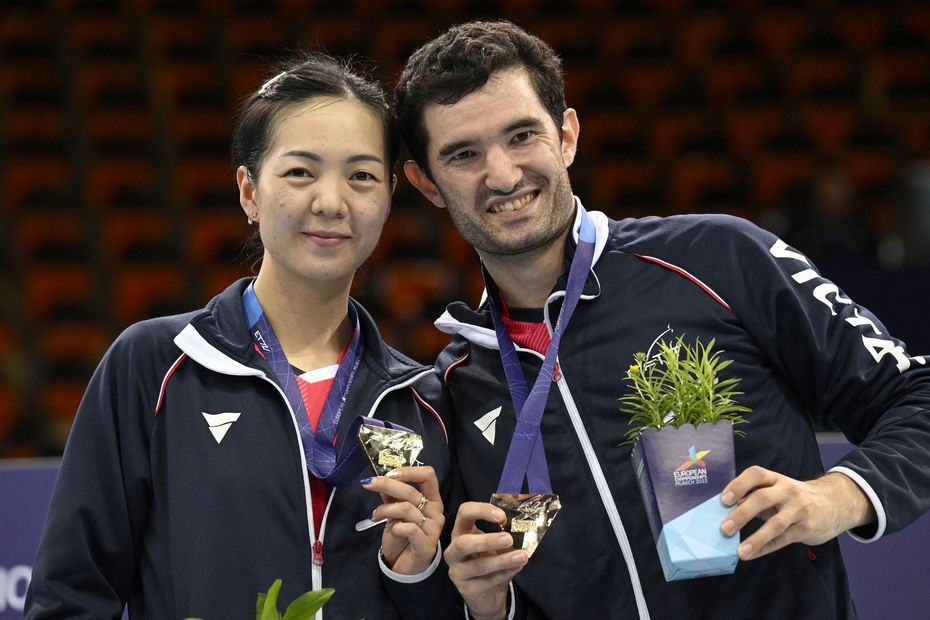Personnel, patrol placement, pre-Pride weekend work, and guns are topics that should be addressed when evaluating police efforts, the former head of the emergency team says.
Updated less than 20 minutes ago
–
Shortly after the shooting at two Oslo nightclubs over the Pride weekend on the night of Saturday 25 June, the Norwegian police management announced that the management will be evaluated.
Two men were shot dead and many were injured when Zaniar Matapour (43) attacked the partying people with a machine gun. It is being investigated as terrorism.
In a joint declaration Police Director Benedicte Bjørnland and PST Chief Roger Berg stressed that it was important to get started quickly:
– Given the gravity of the issue, it is very important that learning points and any weaknesses and errors are identified quickly in order to be able to take action.
A month and a half later, neither the mandate nor the committee members are ready, nor will they be this week.
– The work with the mandate and the commission is nearing completion, but the summer holidays have meant that to date we do not have all the necessary clarifications. We will conclude with both the selection and the mandate in the coming weeks, police director Benedicte Bjørnland told VG.
– Every second counts
The police received criticism in subsequent evaluations July 22, 2011 And the attack on the Bærum mosque in 2019.
In the latter case, the committee had to evaluate the police and PST’s handling of the terrorist incident, identify learning points about what went well and what could have been done better. Both involved the dissemination and follow-up of the PST’s right-wing extremism threat assessments, tipping management, and operational management of the mosque incident.
The criticisms in the report concerned, inter alia, the shortcomings in cooperation between the PST and the Oslo police district in dealing with Philip Manshaus, who later became the offender, and the long response time after attacking the mosque.
Matapour was also known to the police and the PST from earlier.
– The police must be challenged as to how many resources they had at work that night over Pride weekend and where they were. The assessment must also show the assessments that have been made, the specific preparations, the measures taken during the incident and beyond, former chief of the police emergency team, Anders Snortheimsmoen, told the VG.
He was a policeman for 35 years and now works for the private company Security Management.
 –
–– When it comes to the time from the start of the incident until the police make an arrest, every second counts, but coincidences determine where the police resources are due to ongoing missions, says Snortheimsmoen.
Read VG’s story on the horror minutes here.
The assessment also needs to cover what can be done to be better equipped for the next incident and who will take responsibility for passing the learning points to the police, Snortheimsmoen believes.
He believes the shooting and manipulation could lead to a new arms debate.
– The question is whether the time for the unarmed police should be over.
Victims want answers
Public welfare attorney Christian Lundin represents many of the people who were involved in grounding Matapour and taking control of the gun he was still carrying. They now have the status of injured parties in the case.
– They want to know why the act was not prevented. Investigations are assumed to focus on this, Lundin tells VG.
 –
–VG previously wrote that the terror accused Zaniar Matapour is an acquaintance of the Islamist convict Arfan Bhatti. The PST has known Matapour since 2015. Matapour (43) was previously an IS sympathizer and supported the ideology of extreme Islam.
VG has previously written that Matapour and Bhatti were stopped in a car at Stovner in Oslo in April of this year. Afterward, Matapour was summoned for a concern interview with PST.
According to PST, Matapour was called by them “in connection with the fact that he had shown interest in signs and statements that are perceived as an offense against Islam”.
Relocated somewhere else
The first shots were fired at 01:12:48. Police say they received the first report of the shooting at 01:13:27. Less than a minute later, Matapour was brought down by civilians.
- VG described it as a police car with two officers it was 75 meters away. Police arrested Matapour four and a half minutes later. They will not answer why the police officers in the civilian car were not directly involved when a shot went off behind the car and Matapour was placed on the ground.
 –
–- VG also mentioned how several patrols also moved to another location in central Oslo after the shooting, before turning and heading to the crime scene.
– When it comes to the course of events in Oslo, it really is similar to many events across Europe in recent years. That civilians play a central role in incidents like this is also something to be seen, and it’s understandable that some think it takes too long from the moment the incident occurs until help arrives, Snortheimsmoen says.


